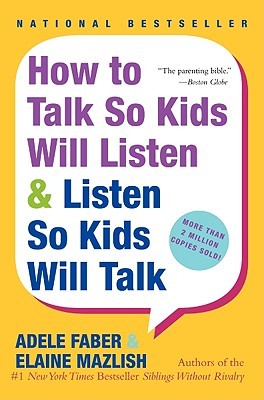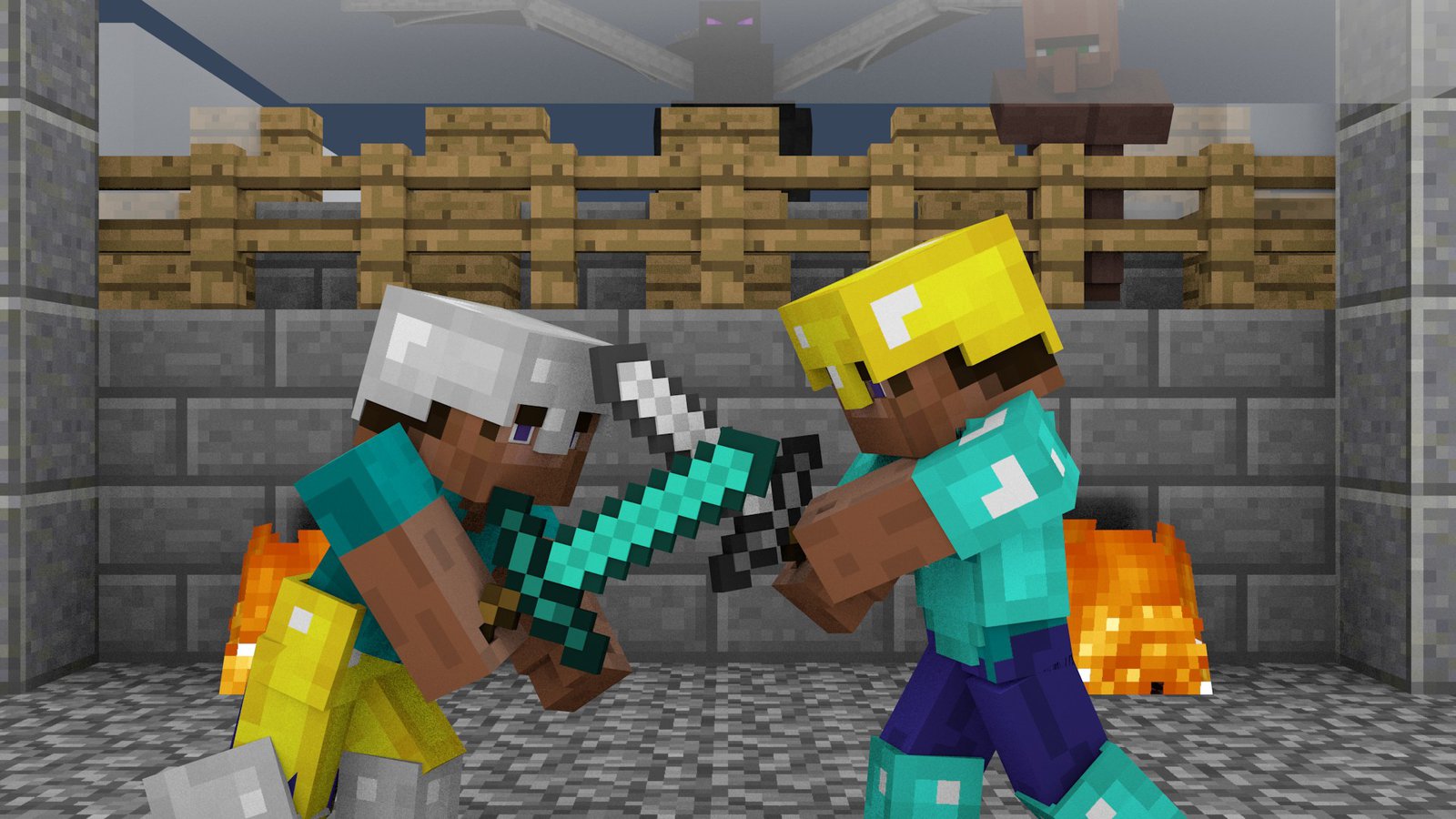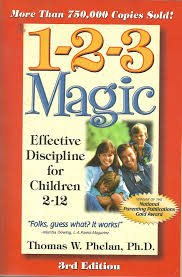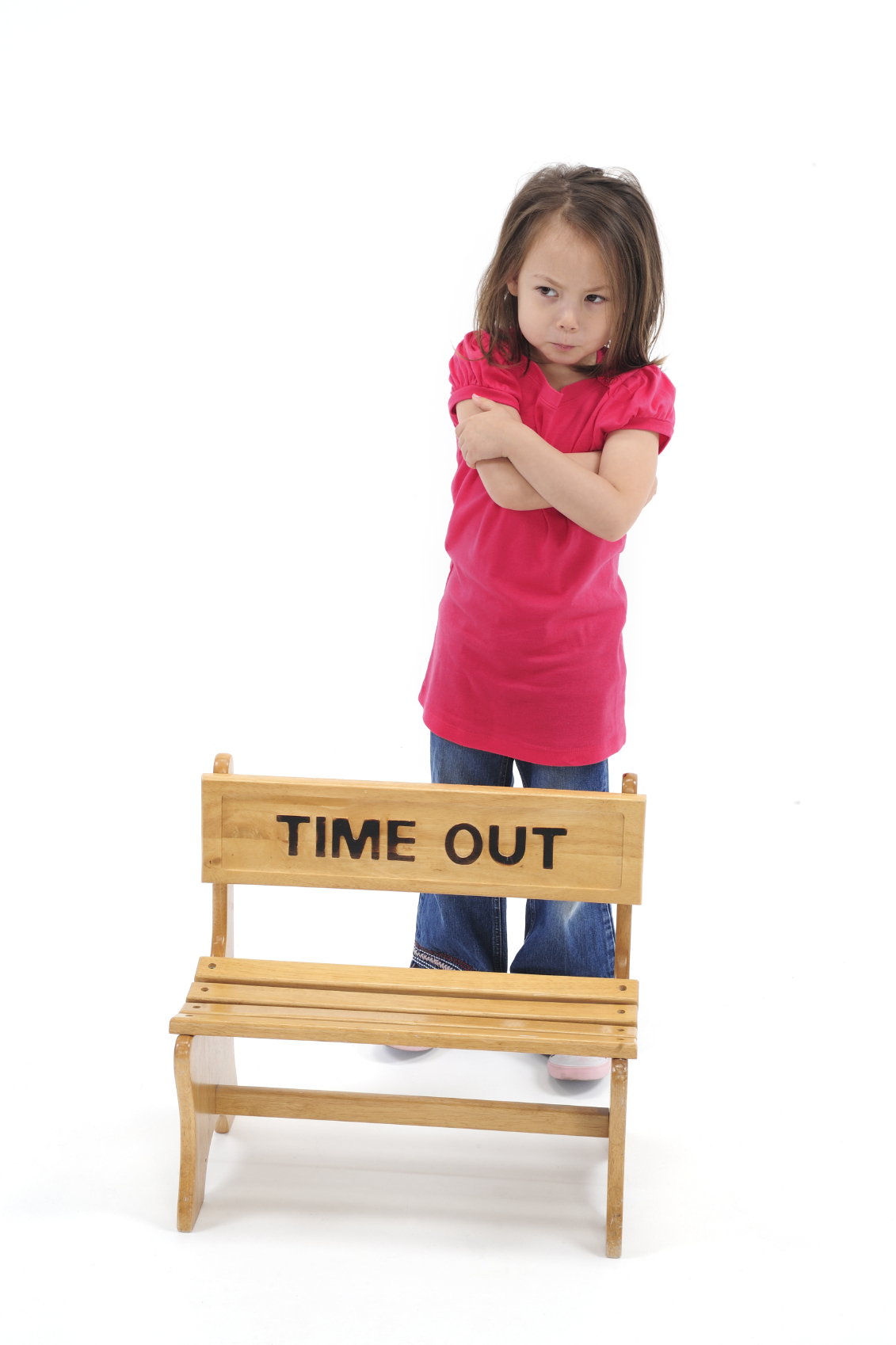Understanding Your Son, Yourself, and How to Bring the Best Out of Each Other
Challenging Boys Blog
Understanding Your Son, Yourself, and How to Bring the Best Out of Each Other



Three Books Every Parent of a Challenging Child Should Read
If you have a challenging child and are looking for helpful parenting books to read, I would highly recommend starting with the following three books:
The Explosive Child is flat out the best book there is for understanding the origins of challenging behavior and working with the problems that underlie it.
The Kazdin Method for Parenting the Defiant Child teaches parents how to create effective reward charts. Reward charts are powerful tools for working with challenging behavior. They are an essential addition to every parent’s tool box, and a great supplement to the methods presented in The Explosive Child.
How to Talk So Kids Will Listen picks up where The Explosive Child and The Kazdin Method leave off. It’s important to balance our efforts to manage challenging behavior with consistent work aimed at fostering a positive parent-parent child relationship. How to Talk So Kids Will Listen shows how to cultivate a close, open and fun relationship with our child even as we work to modify his or her challenging behavior.
In this post, I have summarized the three main takeaways from each of these wonderful books.
Popular Posts
Three Books Every Parent of a Challenging Child Should Read
If you have a challenging child and are looking for helpful parenting books to read, I would highly recommend starting with the following three books:
The Explosive Child is flat out the best book there is for understanding the origins of challenging behavior and working with the problems that underlie it.
The Kazdin Method for Parenting the Defiant Child teaches parents how to create effective reward charts. Reward charts are powerful tools for working with challenging behavior. They are an essential addition to every parent’s tool box, and a great supplement to the methods presented in The Explosive Child.
How to Talk So Kids Will Listen picks up where The Explosive Child and The Kazdin Method leave off. It’s important to balance our efforts to manage challenging behavior with consistent work aimed at fostering a positive parent-parent child relationship. How to Talk So Kids Will Listen shows how to cultivate a close, open and fun relationship with our child even as we work to modify his or her challenging behavior.
In this post, I have summarized the three main takeaways from each of these wonderful books.
Popular Posts

Is Minecraft Dangerous? 4 Tips To Keep Kids Safe While Playing Minecraft
Minecraft is one of the most popular video games among the challenging boys that I work with. Their parents often like it too because they find Minecraft’s blocky and cartoony characters, animals and monsters reassuringly innocent when compared to the graphic images contained in so many other games. However, Minecraft has caused more serious problems for the families in my practice than any other video game – much worse than any of the violent first person shooter games out there (I originally wrote this post before the incredible popularity of Fortnite which rivals Minecraft in problems caused.)

Does 1-2-3 Magic Work? A Review Of 1-2-3 Magic By Thomas Phelan
1-2-3 Magic, by Thomas Phelan, describes an approach to child discipline that has the advantage of being very simple to learn and follow. When a child misbehaves he or she gets two warnings before being sent to his/her room for a time out. The “1-2-3” refers to how the warnings are given. When the parent notices that his or her child is engaging in a disapproved of activity, the parent gives two warnings followed by a time out. The first warning is indicated by the parent saying “that’s one.” If the behavior continues, after five seconds, the second warning is given, “that’s two.” Finally, if the behavior continues for 5 more seconds, the parent says, “that’s three” and sends the child to his or her room for a time out.

Discipline 101: What’s The Difference Between Punishments And Consequences?
Discipline can be confusing. Many experts argue that we should avoid punishments in favor of consequences. But what exactly is the difference?
To punish someone is to cause the person to undergo something painful in response to misbehavior. A punishment causes pain to the person being punished by inflicting something unpleasant on him or her (a spanking, having to write “I will not …” over and over like Bart Simpson does at the beginning of every Simpsons episode, etc…) or the taking away something pleasurable (no dessert if you don’t eat your vegetables). …

The Individualized Education Program (IEP): A Powerful, Often Overlooked Solution to Behavioral Problems at School
Behavior problems at school are among the most frequent reasons that parents contact me about their children. Acting out in class, lying about having completed assignments, talking back to teachers, fighting with other kids, and even refusing to go to school are some of the issues that I am routinely presented with. If these sound familiar to you, then you’ve probably heard school staff use words like “oppositional” or “defiant” to describe your child. It’s also likely that your child has been given a variety of consequences for his or her defiant behavior: being held inside at recess, sent to the principal, or even suspended.
What can we do to help our child?…
